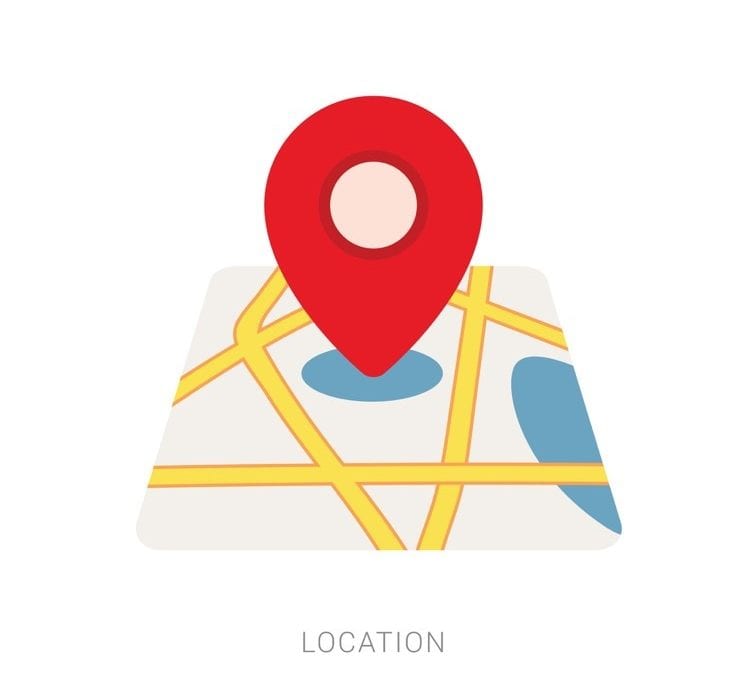Your possessions don’t fluctuate in value depending on where you live, but the risk to them certainly does. Here’s why the area you choose to rent in could mean paying more on premiums.
Wherever you live in the world, you’re likely surrounded by two things: people and the forces of nature. Natural hazards can play a part in how much you pay for renters insurance, and wherever there are people, typically there’s a crime. These truths hold true if you live in a rural, suburban, or metropolitan area.
The one factor that does change is how much risk you’re running. We highlighted why renters insurance is a smart buy in our previous blog, as well as the main things you need to know about it. Today we’re reviewing how your surrounding area can contribute to how high your premiums may be.
Crime and rental insurance
How much you pay depends broadly on which state you live in. The most recent figures place Mississippi as the most expensive in the nation for renters insurance at $244, while South Dakota is cheapest at $118. New York comes in at $211. It’s important to note, however, that those figures are for the entire year and not a monthly cost, making premiums very affordable.
More (or less) crime in your area can raise or reduce your renter’s premiums. It’s typically driven by financial factors such as low income or high unemployment in your surrounding region, rather than the proximity of residents. For example, check out this list of the worst cities for burglary in America which surprisingly reveals New York City to be the safest. Meanwhile, remote and sparsely-populated Alaska ranks as the 14th most burgled state in America.
It’s really a tough factor to predict. More people could mean less or more crime and an isolated area could mean more peace or more crime due to fewer witnesses.
Nature and your rental insurance
Insured losses of homes and possessions due to natural disasters totaled $78 billion in 2017. Climate change and simple geography expose Americans to not only ongoing but escalating environmental risk. This infographic helps illustrate some of the natural disasters and the areas that have been hit. Here in New York, we may be forgiven for thinking earthquakes are the other coast’s problem – but they’re starting to impact us, too. It pays to entertain any natural possibility.
Steps to reduce your risk and your rental insurance premiums
Nothing beats personal vigilance but there are some other ways to check the crime rate in your area. The free resource SpotCrime is updated daily and lets users check up on all sorts of criminal activity right down to their street level. Crime Reports is another free opportunity to get insight and information from police departments across the nation.
Adding things like locks and alarms to your rented property can go a long way toward lowering risk and potentially your premiums right along with it. This excellent list of suggestions gives you plenty of ideas to better crime-proof your home. It won’t change how bad things may be out on the streets, but an insurer may look more favorably on your premiums if they see you’re taking steps to protect your rental and possessions.
Guarding against natural disasters
What about the environmental risks that affect your rates? If you live in an earthquake or flood zone, there are still steps you can take to impress your insurers and minimize damage from Mother Nature. First, the separate purchase of flood insurance should be on your list if your rental is in a flood zone. Check with FEMA to see if your area is included, and with the National Flood Insurance Program for further information and advice.
These incident maps will help you ascertain how many earthquakes risk your rental runs. You can still minimize risk if you must rent in one of these areas by:
- Cleaning any gutters of debris and ensuring the unhindered flow of water. Make sure all moisture heads to a drain and not to the walls and foundations of the property.
- Making sure anything fixed to a wall or ceiling is securely fitted. Closets, cupboards, and anything with doors should lock securely when not in use. Secure anything heavy and floor-based like furniture or cabinets. Try to keep any expensive hardware out of harm’s way or fixed to a surface.
- If your landlord hasn’t done it, you could hire a licensed engineer to inspect your rental and tell you what’s currently at risk. Your landlord will be responsible for any fees incurred on the structure, but it pays off for you to know what level of danger you and your possessions may be living with.
Get in touch with us today if you’re thinking about your current or future rental insurance. We can help you assess potential premiums and recommend ways to lower them.
NICRIS Insurance focuses on providing clients with the appropriate suite of products to protect them, their interests and their loved ones. If you need some insurance advice or would like a free, personalized insurance review call 516 544 0006 or drop us a line.

